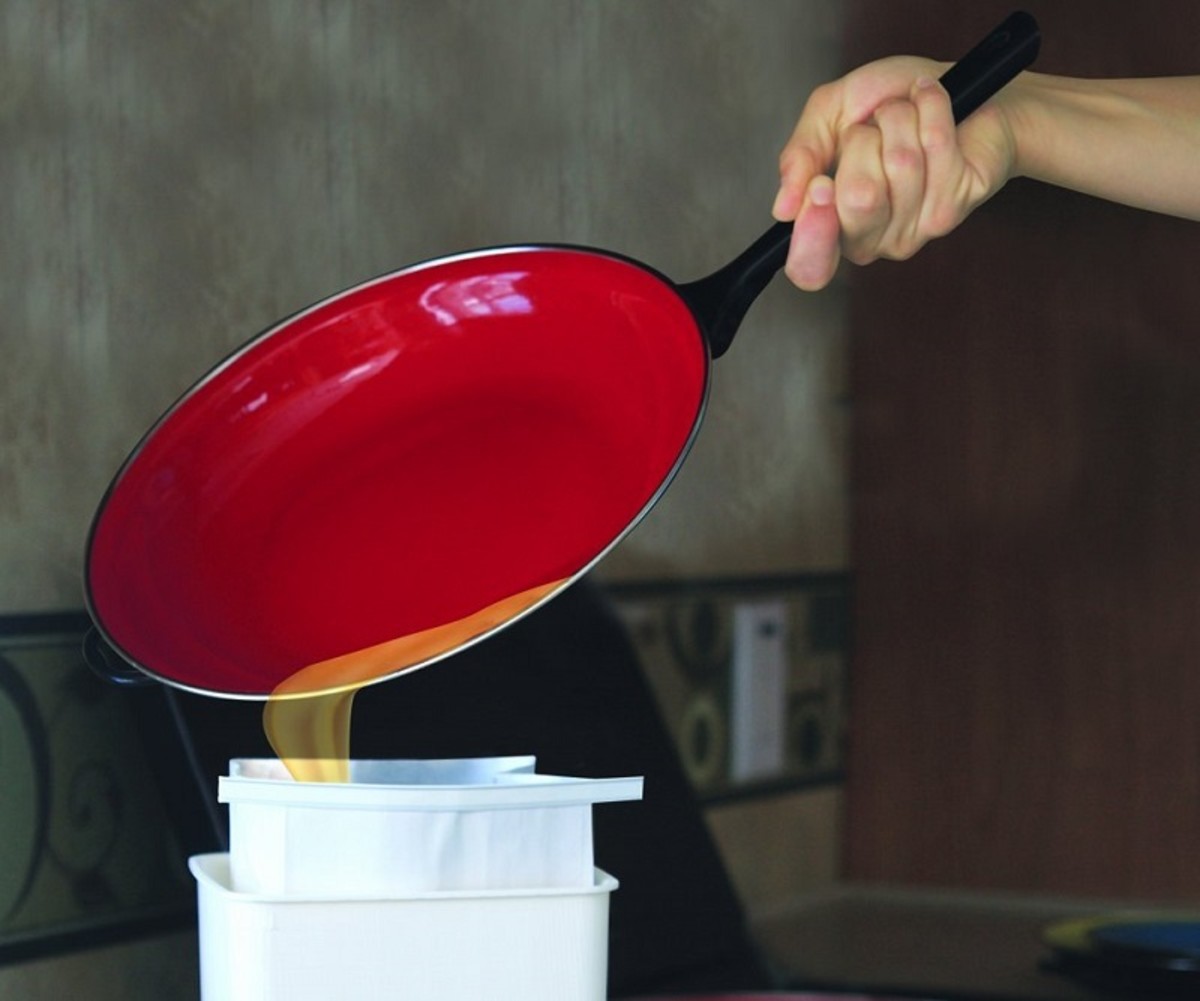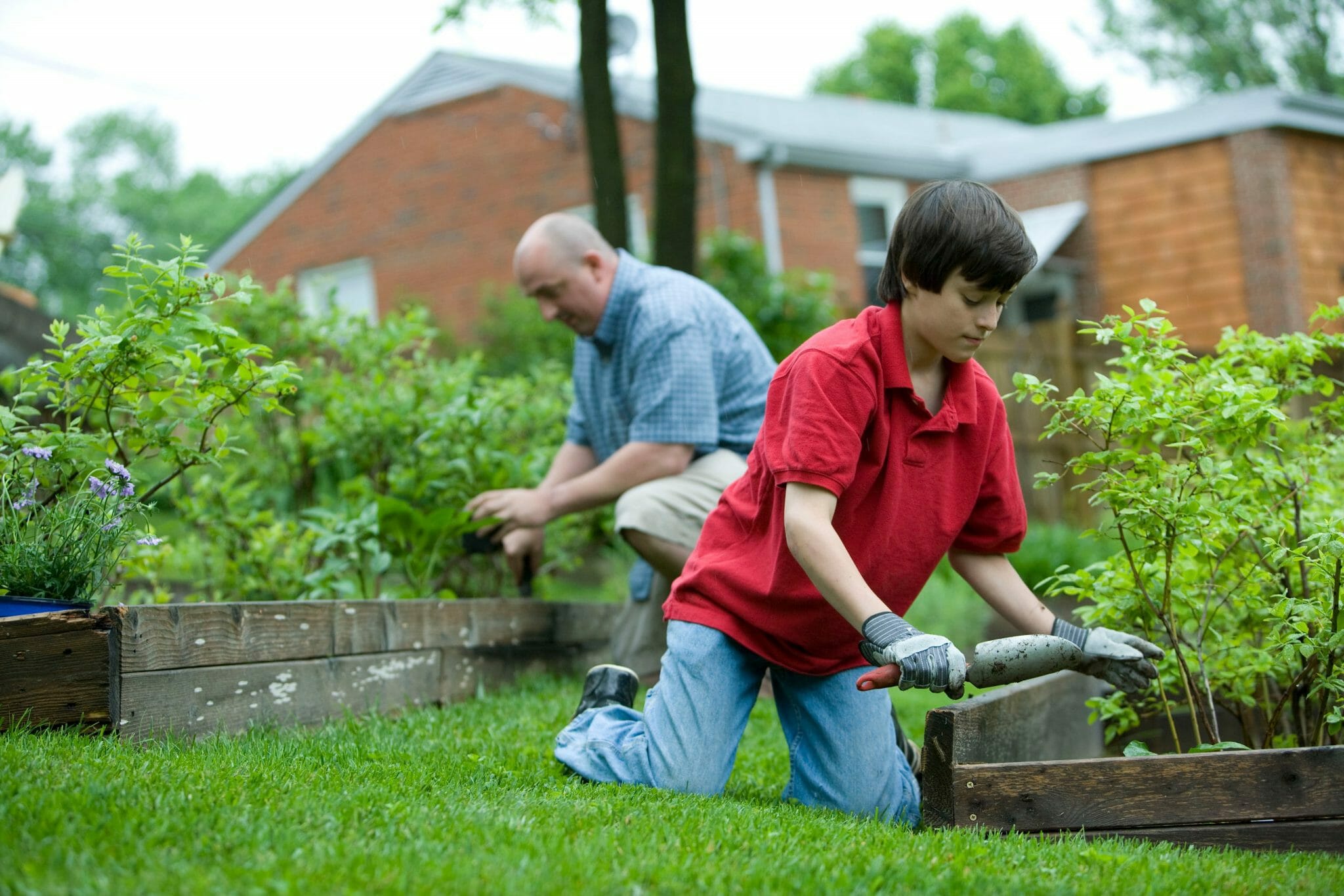What To Know
- Sometimes, a clog could be so bad that water is stuck in your sink and you won’t be able to use it unless you want to flood your place.
- The hardened oil will then make it easier to capture food waste such as fruit and vegetable peels or other foreign objects you push down the drain, causing a blockage that would disable water to flow freely.
Cooking at home can be both fun and can help you save some money. But if you’re fond of home cooking or are just learning, there might be one thing you’re doing that won’t help you save some bucks. Instead, you’ll end up with a headache and probably have to call the best plumber in Sydney you can find. And that thing is pouring leftover grease and/or oil you have in your sink.
How could leftover grease and oil damage your sink?
So, you might be asking now, how is such a simple act going to cause you so much headache?
If you’re fond of using the kitchen, then you might have encountered clogged kitchen sinks along the way. It’s a nasty issue. You’ll have to wait for the water to go down before you could clean up once again–that is if the water is draining. Sometimes, a clog could be so bad that water is stuck in your sink and you won’t be able to use it unless you want to flood your place.
But how are grease and oil included in all of these?
The most common cause of drain clogs is food and debris that are stuck in the drain. This is often because of leftover grease and oil that have accumulated in the pipeline. Some of the greases you’ve been throwing down the sink get stuck to the pipes and could accumulate the more you pour leftover cooking oil down the drain. Since water and oil do not mix, the grease won’t wash away no matter how many times you flush it with water.
The hardened oil will then make it easier to capture food waste such as fruit and vegetable peels or other foreign objects you push down the drain, causing a blockage that would disable water to flow freely.
Although it is possible to have it fixed on your own, the clog could get too bad that you’ll need the best plumber Sydney expert to help you out.
What do you do with leftover grease?
With that said, how do you properly dispose of leftover grease?
One thing you can do is store some of the leftover fat from what you’re cooking. You can use it for future dishes you do, but be sure you store it in a closed container. Then, you can stow it away in the fridge so it can retain its flavour, which would greatly help your next dish.
You could also use some leftover grease and add it to your dog or cat’s food. However, ensure you’re only using small portions at a time and don’t add it too often. Or, you can add it to your compost heap if you have any. Vegetable oil is perfect for earthworms. But then again make sure you only add small quantities at a time.
How to properly dispose of grease and oil
If you must throw away grease and oil, there are some ways to do it properly.
First, don’t pour anything in the drain if you don’t want persistent clogging. Find a container, like a coffee can, and then pour all your used oil into it. Once it’s filled, seal the container properly and then throw it in the trash can.
You may also combine it with other materials such as sawdust, sand, or cat litter before tossing it out. These materials soak up the oil so it won’t be leaking in the garbage bin.
Some places across the globe have projects for oil recycling. What’s leftover in our pans could be used as biodiesel, which could power cars, among other things. Check out Earth911 and see if there’s a certain program near you.





